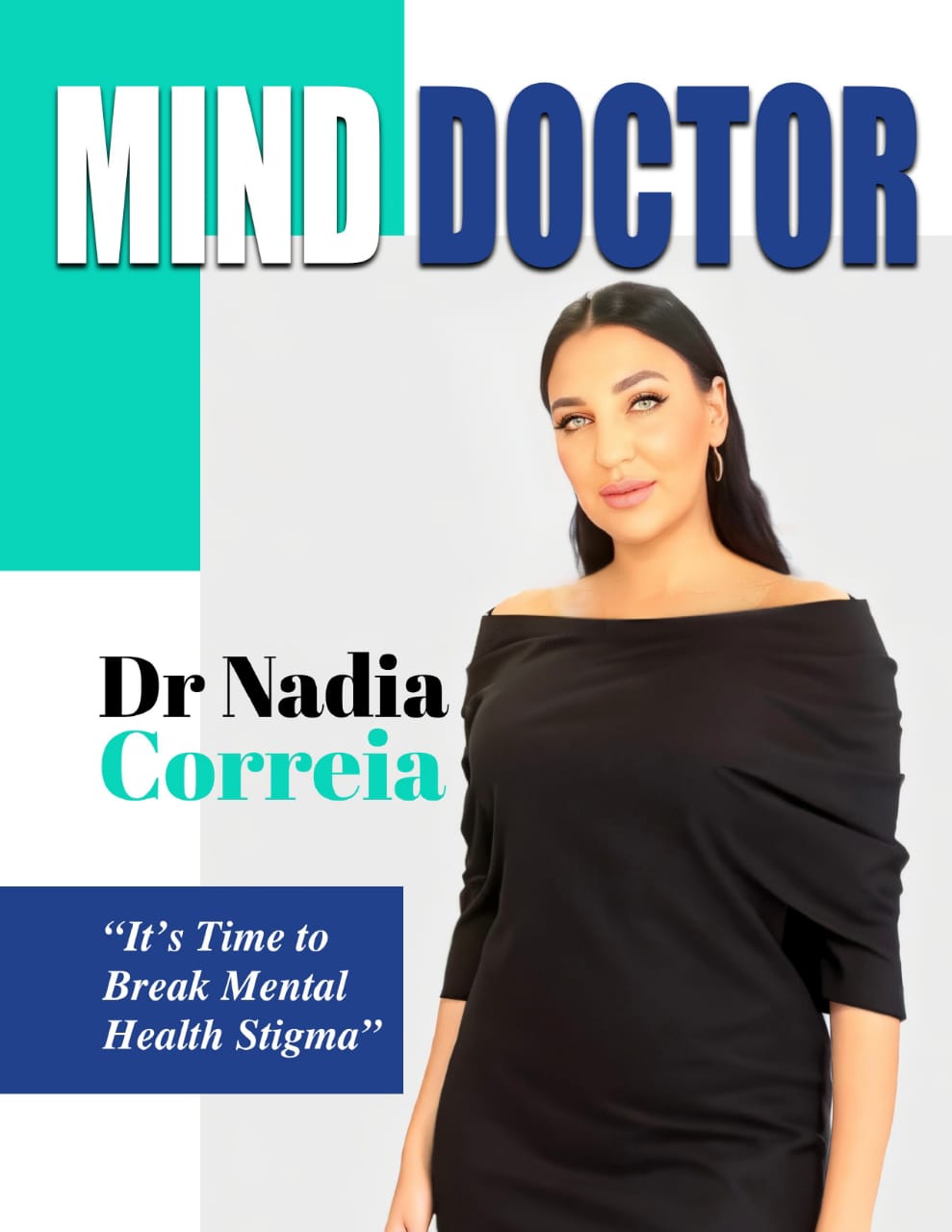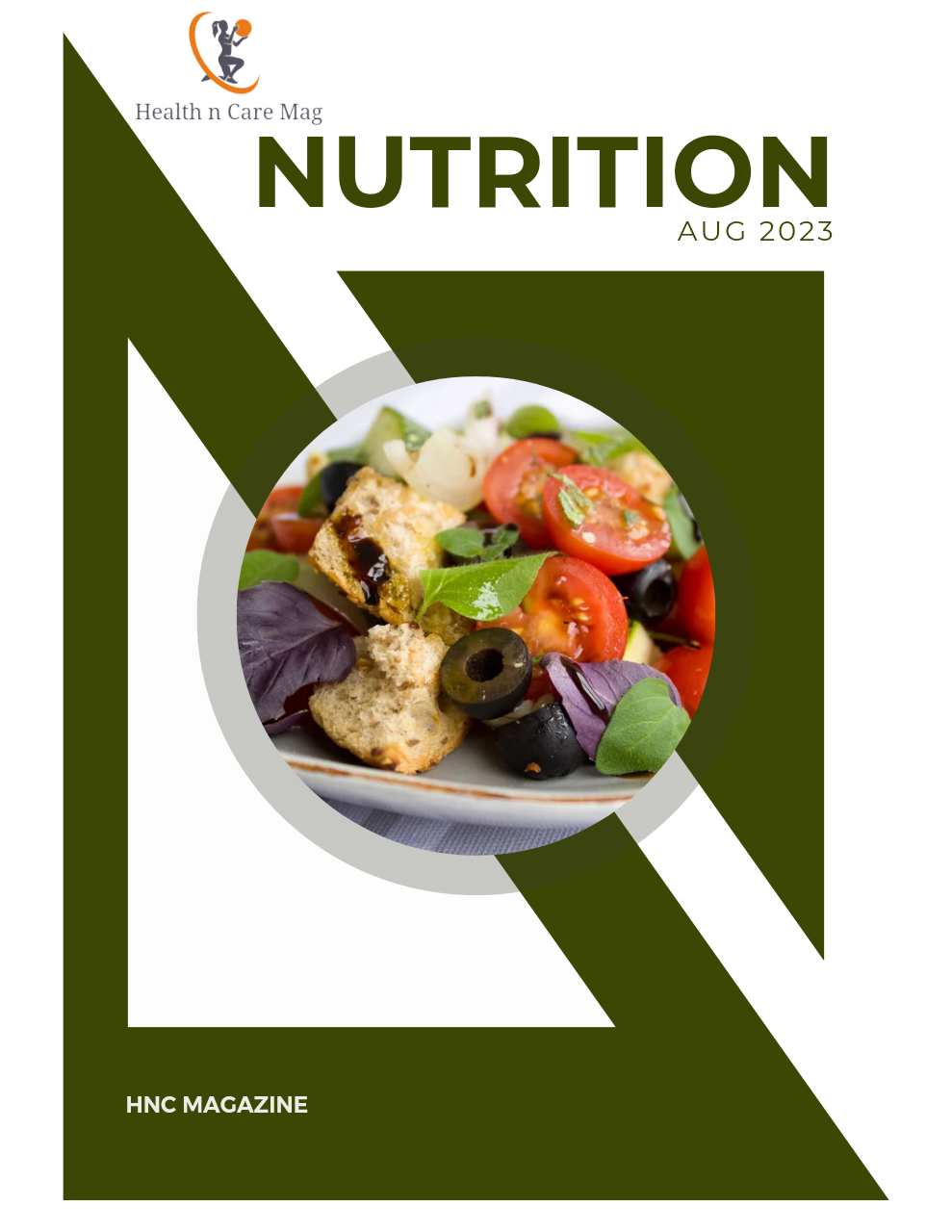Abuse Of Vicodin And Its Symptoms And Signs
Vicodin is a mixture of two medicines: hydrocodone and acetaminophen. It is commonly taken as a painkiller for treating short-term pain. Usually it is taken to provide relief from chronic and acute pain. It is also taken to cure the post operative pain.
Vicodin is one of the most powerful pain relievers. It is taken only on the advice of a physician. The trouble with Vicodin is that, as time passes, it becomes less effective because the body gets used to it. Thus, the user needs more quantity of Vicodin to cure the same level of pain. Its constant uncontrolled use results in vicodin abuse and addiction.
Other than providing relief from pain, it also makes the abuser feel relaxed, tranquil, sleepy, free of tensions around him/her and euphoric. The abuser have to take more and more quantity of Vicodin to get these effects. The user might start to include some other things (such as other painkillers, alcohol, anti-anxiety drugs) to the Vicodin to achieve the wanted feeling.
Symptoms of vicodin addiction and abuse:
At the start, there are no noticeable signs of vicodin abuse. The dangerous thing about vicodin abuse is that by the time any sign becomes apparent, the abuse has already developed. Unlike heroin, cocaine and other drugs, Vicodin does not show any noticeable physical symptoms.
The first few times, a person uses Vicodin, he feels dizziness, happiness and drowsiness but these go away quickly. The addict might feel completely normal until he or she skips the dose.
The vicodin addiction side effects become noticeable ones the withdrawal signs and symptoms appear. When the body has become used to Vicodin and the abuser skips the dose, the brain sends out great waves of pain. This happens because the brain thinks that the presence of Vicodin in the body of the addict is vital for the normal performance of the body. The intensity and type of pain may differ from individual to individual.
Withdrawal signs might be sudden constipation or diarrhea, large amounts of sweating, nausea, vomiting, mood swings, migraines, muscle cramps, coordination problems, skin rashes and other symptoms.
Other than these physical symptoms, some behavioral symptoms of vicodin abuse are also evident. The addict all of a sudden becomes withdrawn from family and friends and wants to be alone at all times. He/She might begin claiming to be ill at all times and wanting to see a medical professional. The abuser might start to borrow (or even steal) cash.



